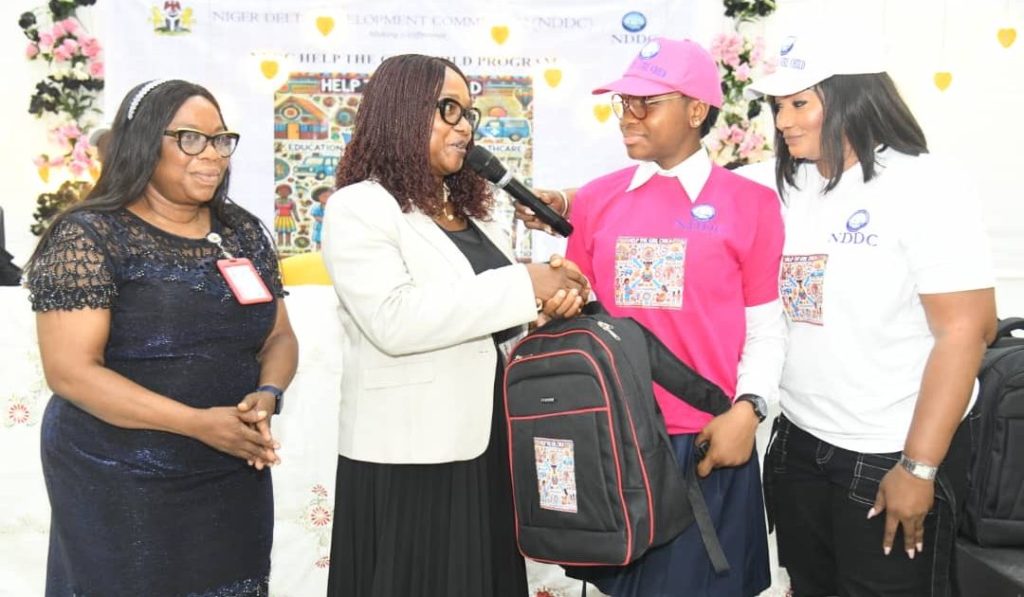Empowering the Girl Child in the Niger Delta: Leveraging Digital Education and AI for Societal Advancement
The Niger Delta Development Commission (NDDC) has embarked on a transformative mission to empower young girls in the region by equipping them with digital literacy and artificial intelligence skills, recognizing their potential to address pressing societal challenges. This initiative underscores the NDDC’s commitment to human capital development, complementing its infrastructural projects, and aims to foster a generation of problem-solvers and innovators who can contribute meaningfully to the region’s growth and development. Through the "Help the Girl Child" program, the NDDC seeks to create an enabling environment where girls can thrive academically, personally, and professionally.
The NDDC’s Managing Director, Samuel Ogbuku, articulated the commission’s vision for empowering girls through digital education, emphasizing its potential to transform their lives and the region as a whole. He stressed the importance of providing girls with equal opportunities and a voice in society, recognizing their crucial role in shaping the future. Ogbuku highlighted the NDDC’s multifaceted approach to girl child development, which encompasses not only educational initiatives but also health and social welfare programs.
The "Help the Girl Child" program represents a critical investment in the future of the Niger Delta, providing girls with the knowledge, skills, and resources they need to succeed in the 21st century. The program’s focus on digital education and AI aligns with global trends in technological advancement, equipping girls with the tools to compete in a rapidly evolving job market. By fostering digital literacy and innovation among young women, the NDDC is laying the foundation for a more prosperous and equitable future for the region.
This groundbreaking program aims to equip girls with not only academic knowledge but also practical skills that will empower them to become agents of change. By embracing digital education and AI, these young women will be better positioned to address societal challenges, create innovative solutions, and contribute to the economic growth of the Niger Delta. This initiative reflects the NDDC’s commitment to moving beyond traditional infrastructure projects and investing in the human capital of the region, recognizing that true development requires a holistic approach that addresses the needs of all its citizens, especially the most vulnerable.
The NDDC’s comprehensive approach to empowering the girl child goes beyond education, encompassing health initiatives such as immunization against diseases like Cholera, Yellow Fever, and Hepatitis B. This holistic approach underscores the Commission’s recognition that a healthy and educated population is essential for sustainable development. The program also addresses critical societal issues such as early marriage and female genital mutilation, advocating for education as a key tool in combating these harmful practices.
Moreover, the NDDC’s efforts extend beyond the classroom, providing tangible resources such as textbooks and U-lesson tablets to enhance digital learning. By supplying these tools, the Commission ensures that girls have access to the technology and resources needed to excel in their studies and develop digital literacy skills. This commitment to equipping girls with the necessary resources demonstrates the NDDC’s dedication to creating an environment where education is not only valued but also accessible to all. Furthermore, the program aims to nurture crucial life skills including critical thinking and problem-solving abilities, enabling girls to become self-reliant and capable individuals. By fostering these skills, the NDDC is empowering girls to not only navigate the challenges they face but also to actively contribute to their communities and become drivers of positive change.


